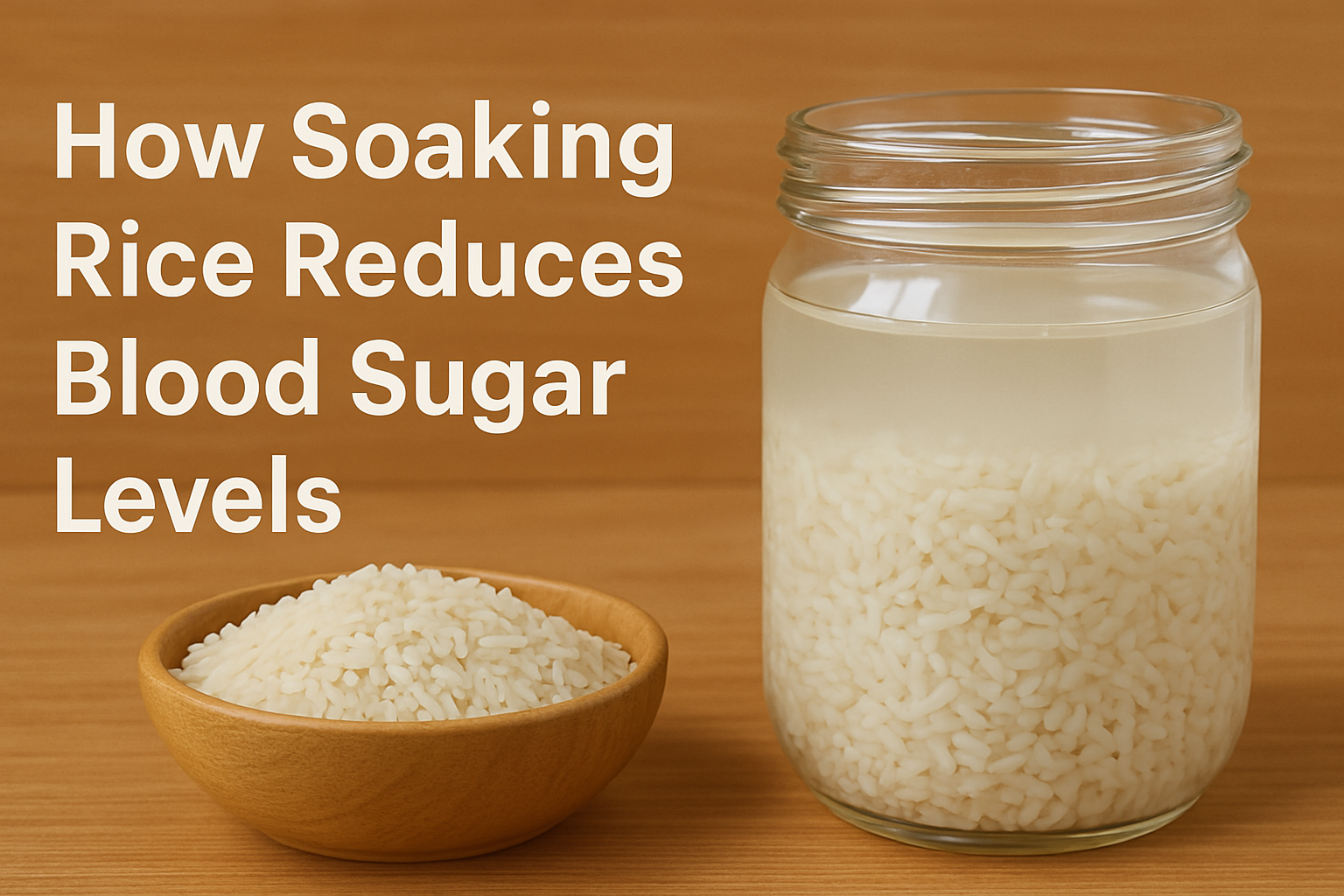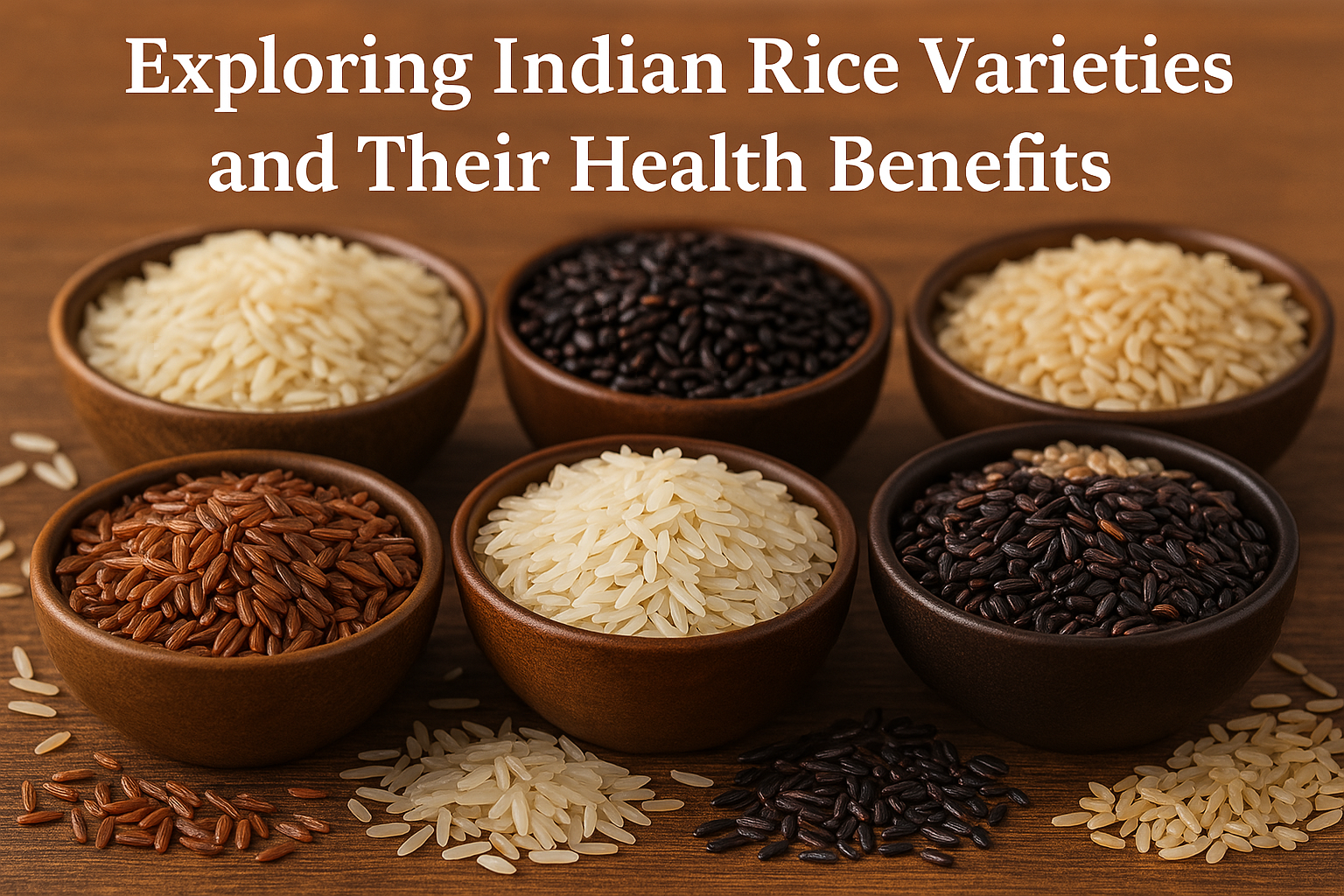Certified sports nutritionist and fitness consultant N. Gnana Raju decodes the hype behind protein-rich diets for sportspersons. Hashtag Magazine gets you a low-down from the expert on the facts behind the trend, as an increasing number of fitness enthusiasts opt for protein supplements.
- What is protein? Protein is an important building block of bones, muscle, skin, nails and hair. Protein is also used by the body to make enzymes and hormones to support metabolic activities. It helps maintain fluid-electrolyte balance, acid-base balance and provides energy.
- Why should you take protein? Body can’t make its own protein, which is why you need to ingest a required amount regularly. For strength/resistance exercises and muscle growth, the rate of protein synthesis must exceed that of breakdown(anabolism). Exercise causes elevated levels of protein in the urine (proteinuria). The greater the intensity and the duration, the greater the loss due to a decreased reabsorption by the kidneys during exercise. Aerobic exercise training tends to increase the formation of more mitochondria and oxidative enzymes.
- When and how much: Quantity varies based on exercise intensity, carbohydrate availability, energy intake, gender, training level, and age. The International Society of Sports Nutrition (ISSN) recommends 1.4 to 2 grams of protein per kilogram of body weight a day for most people who are exercising with the goal of building and maintaining muscle mass and strength, within two hours after your workout to maximize Muscle Protein Synthesis (MPS). Small, multiple meals throughout the day with adequate protein helps. Wrestlers, gymnasts, young athletes, and ultra endurance athletes may require more protein due to greater potential muscle damage.
- Types: There are a total 20 amino acids that make up a protein food, among which 9 are essential and 11 are non-essential. Complete protein sources are better than incomplete protein sources as they have all 20 amino acids. The best proteins have the best Protein Digestibility Corrected Amino Acid Score (PDCAAS) or Digestible Indispensable Amino Acid Score (DIAAS). That’s why one should look for nutrition density, protein density, satiety, absorption, effect on digestion, timing, protein quality and the protein quantity.
Many official surveys conducted by ICMR (Indian Council of Medical Research), NIN (National Institute of Nutrition) and IDA (Indian Dietetics Association) revealed that Indians are deficient in protein consumption. The quantity and quality of protein is declining in our foods.

































